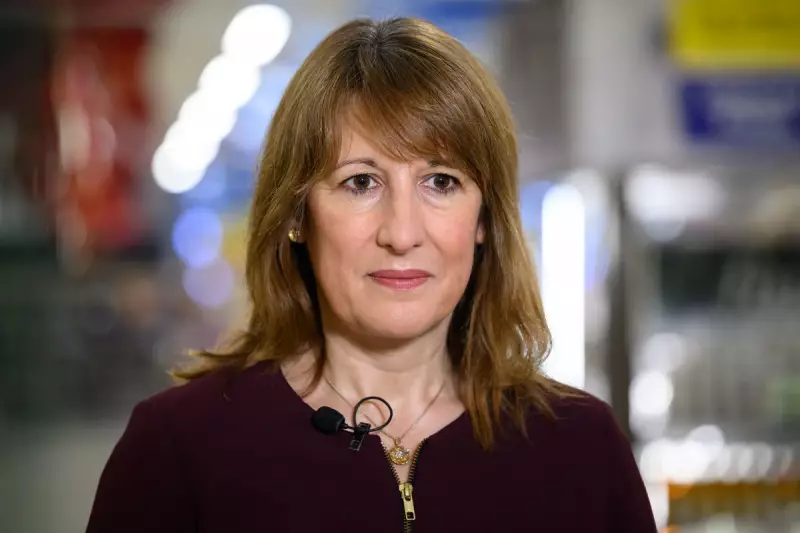
Chancellor Rachel Reeves has committed to tackling the cost of living crisis in her upcoming Budget, scheduled for Wednesday 26 November 2025, while simultaneously confronting weak economic growth and persistent inflation.
Budget Measures to Ease Financial Pressure
In a significant move to alleviate pressure on household finances, the Chancellor will implement the first rail fare freeze in three decades. This policy is projected to save commuters on the most expensive routes over £300 annually.
Writing in The Mirror, Ms Reeves acknowledged that high prices disproportionately affect ordinary families and that the economy "feels stuck" for many. "That's why in my Budget on Wednesday I will take action to grip the cost of living," she stated.
Economic Challenges and Expected Tax Changes
The Chancellor faces a difficult economic landscape, grappling with weak economic growth, persistent inflation, and an anticipated downgrade to official productivity forecasts. In The Sunday Times, she emphasised that controlling inflation is "a fundamental precursor to economic growth" and essential for making families better off.
Despite the relief for commuters, Ms Reeves is widely expected to announce tax increases to bridge a multibillion-pound gap in government spending plans. One rumoured measure involves extending the freeze on income tax thresholds, which would drag more people into paying tax for the first time or push them into higher rate brackets as wages increase.
According to the Institute for Fiscal Studies, maintaining the freeze on national insurance and income tax thresholds for two additional years until April 2030 could raise approximately £8.3 billion annually by 2029–30.
Political Reactions and Additional Measures
The potential tax moves have drawn sharp criticism from political opponents. Tory leader Kemi Badenoch challenged the Chancellor to admit such actions would breach Labour's manifesto promise not to raise taxes on working people. Shadow chancellor Sir Mel Stride went further, suggesting Ms Reeves should resign if she breaks this pledge.
Beyond transport and taxation, the Budget is expected to include several other significant announcements:
- Scrapping the two-child benefit cap at an estimated cost exceeding £3 billion
- Adding £1.3 billion to an electric car grant scheme while potentially introducing a pay-per-mile charge
- Allocating £48 million for 350 new planners to support the government's target of building 1.5 million new homes
- Guaranteeing full student loan support for all care leavers, worth up to £13,500 per person
Smaller initiatives include £5 million for secondary school library books, an £18 million scheme to revamp English playgrounds, and a crackdown on shops selling illegal vapes.
Prime Minister Sir Keir Starmer, speaking at the G20 in South Africa, declined to pre-empt the Chancellor's announcements but confirmed he wants the Budget to focus on growth and stability.





